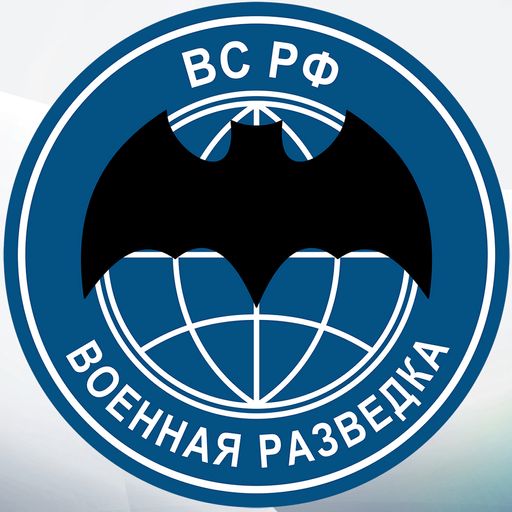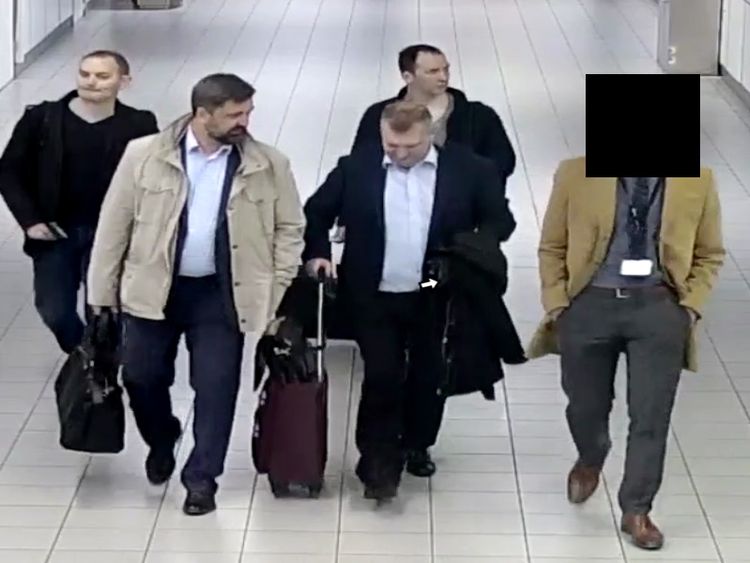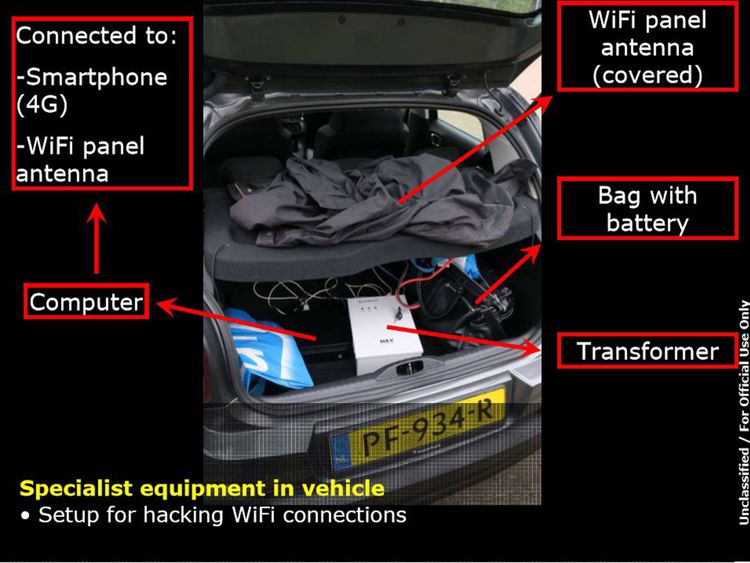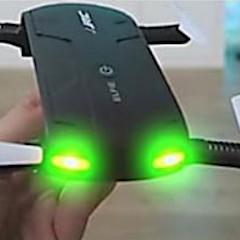Russian spies targeted the UK’s Foreign Office, computers at Porton Down and the chemical weapons watchdog, officials have said.
On Thursday, Dutch authorities said it disrupted a cyber operation conducted by Russia’s GRU, targeting the Organisation for the Prohibition of Chemical Weapons (OPCW).
The British ambassador to the Netherlands, Peter Wilson, also revealed how one of the agents allegedly attempted to disrupt the investigation into Malaysia Airlines Flight 17 (MH17), which was shot down in 2014.
He said the Russian agents were being sent around the world to “conduct brazen close-access cyber operations”.
Hours after the Dutch and British allegations, the US indicted seven Russian intelligence officers for conspiring to hack computers and steal data in a bid to delegitimise international anti-doping organisations.
Justice Department officials say three of the seven Russian military intelligence officials were previously charged by special counsel Robert Mueller.
US defence secretary James Mattis has called for Moscow to be held accountable for allegedly targeting the OPCW.
Responding to the claims made on Thursday, the Russian embassy in London said the allegations were “irresponsible” and that the UK was imparting “crude disinformation”.
In a statement, it said: “As is traditional, it is not backed by any proof and is another element in an anti-Russian campaign being conducted by the British government.”
The Russian foreign ministry accused the West of “spy mania” over the latest allegations.
At a news conference at the Hague, Dutch authorities showed passport pictures of four people – three cyber officers and a case officer – who arrived at Schiphol airport in Amsterdam from Moscow on 10 April.
The four men are said to have gone to the OPCW’s headquarters on a reconnaissance mission.
Pictures revealed at the news conference showed the car they used with a WiFi antenna and technical equipment in its boot, thought to be used to hack the network.
It was around this time that investigations into the Skripals’ novichok poisoning were taking place.
They decided to try and destroy smartphones following their mission and also took their rubbish out of their own hotel rooms they stayed in, in an attempt not to leave any DNA traces, according to Dutch officials.
They are said to have had €20,000 (£17,700) and $20,000 (£15,400) in cash with them. Officials said the men were expelled from the country following the alleged cyber attack.
Speaking about the Russian intelligence service GRU, Mr Wilson said it was a “well-funded” unit of the Russian state and that it was behaving “aggressively across the world” and “with apparent impunity”.
He said the agents had planned to target an OPCW in laboratory in Switzerland too. Canada has also said it was targeted by Russian cyber attacks.
Dutch defence minister Ank Bijleveld said the Russian ambassador to the Netherlands had been summoned to explain the cyber operation.
In a joint statement, Theresa May and Dutch Prime Minister Mark Rutte said the GRU had been “exposed” along with its “unacceptable cyber activities”.
They said: “This attempt to access the secure systems of an international organisation working to rid the world of chemical weapons, demonstrates the GRU’s disregard for the global values and rules that keep us safe.
“Our action today reinforces the clear message from the international community: we will uphold the rules-based international system and defend international institutions from those that seek to do them harm.”
NATO secretary general Jens Stoltenberg said the body backed Dutch and British authorities and said they must call Russia out on “blatant attempts to undermine international law and institutions”.
Foreign Secretary Jeremy Hunt said Russia could now face further sanctions following the “hard evidence” presented on Thursday, dismissing Moscow’s assertions of innocence as “fake news”.
He added: “We will be discussing with our allies what further sanctions should be imposed. We will also be discussing how we need – working with our friends and allies – to counter this pattern of cyber attacks, which is the new type of attack that the whole world is having to deal with.”
The former KGB officer told Alexander Vassiliev told Sky News: “As usual the Kremlin will say that they have nothing to do with it.
“On the other hand hypothetically-speaking I think that it’s quite possible that some Russian officers tried to do what the Netherlands are saying.
“There is a special department in the GRU, a department created for actions in cyberspace.”
He added: “(The GRU operations) look like a failure, but it happens. It happens to any intelligence service, the MI6 in Moscow for instance.”
Mr Vassiliev continued: “What they don’t like in Russia is when some people are trying to blame Russia for every cyber attack happening in the world.”
He added: “It creates a basis for constant anti-Russian hysteria.”
The latest developments come after Britain accused the Russian military intelligence agency of a spate of cyber attacks, from the hack during the 2016 US elections to the leaking of top athletes’ medical records.
It was the first time the UK directly accused the GRU of hostile acts in cyber space. The move is part of a government campaign to expose the actions of the organisation which is also suspected of being behind the Salisbury poisonings.
President Vladimir Putin denies Russia was involved in the attempted assassination of Sergei Skripal and his daughter Yulia.
On Wednesday, however, the Russian leader showed his contempt for the former GRU-officer-turned-British agent, calling Mr Skripal a “scumbag”.
Speaking before Thursday’s news conference, Mr Hunt said the GRU was responsible for “reckless and indiscriminate” acts.
“This pattern of behaviour demonstrates their desire to operate without regard to international law or established norms and to do so with a feeling of impunity and without consequences,” he said.
“Our message is clear: together with our allies, we will expose and respond to the GRU’s attempts to undermine international stability.”











